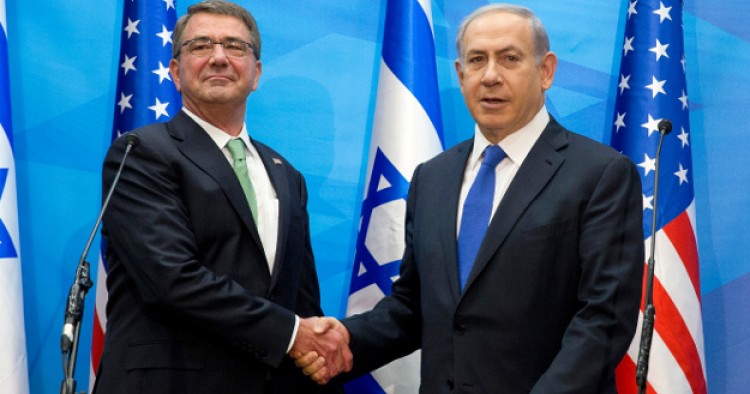Read the full op-ed on CNN.com.
Few states face the kind of complex, sustained security challenges that Israel does.
Israel has not enjoyed one day of peace with its neighbors since its independence in 1948. Many Arab and Muslim states have maintained an economic and political boycott against Israel for decades.
There is an automatic majority against Israel in the United Nations, leading often to perverse outcomes in which Israel's human rights record is condemned by states whose violations of human rights are far worse. Terror groups such as Hezbollah and Hamas target Israel with rockets and suicide bombers. And today, Iran seeks nuclear weapons capability even as some of its leaders call openly for Israel's destruction and deny the genocide of the Holocaust.
...
I take Israeli security concerns extremely seriously.
After eight years stationed in Israel, including four years as the United States ambassador, I have seen -- and felt -- the very real risks directed against Israel.
...
But for exactly those reasons, I have been confused -- dumbfounded, in fact -- by Israel's posture toward the Iran nuclear agreement.
Israel should have been the first to welcome this agreement, working with the P5+1 on mechanisms and assurances to ensure the effectiveness of inspections and verification systems. Instead, Israel has launched an all-out assault on the agreement, gambling with its status as a bipartisan consensus issue within our politics and creating rifts among its supporters, especially in the American Jewish community.
The Middle East Institute (MEI) is an independent, non-partisan, non-for-profit, educational organization. It does not engage in advocacy and its scholars’ opinions are their own. MEI welcomes financial donations, but retains sole editorial control over its work and its publications reflect only the authors’ views. For a listing of MEI donors, please click here.













